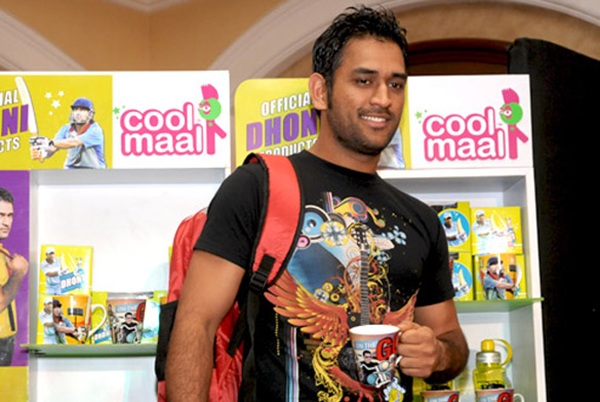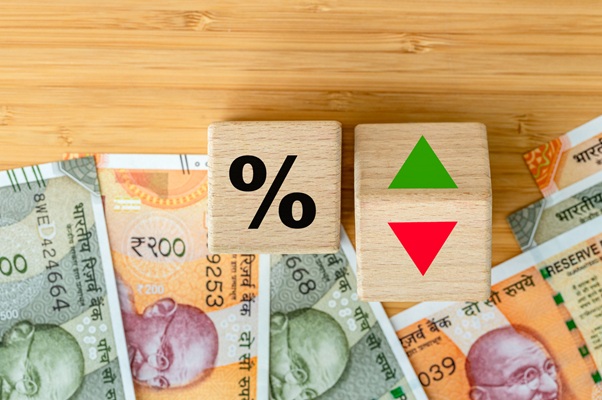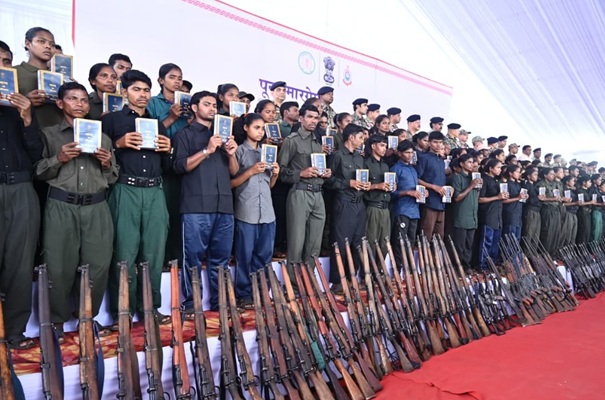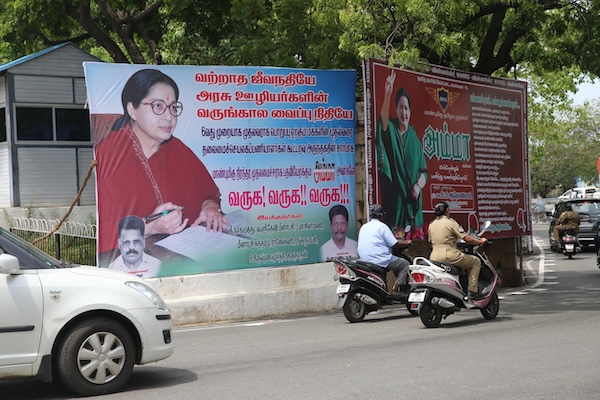.png)
MS Dhoni’s Birthday Highlight Should Not Mask A Trademark Fiasco
Fame should not override law. “Captain Cool” cannot become private property simply because a celebrity wants exclusive rights.


Nilanshu Shekhar is a founding partner at law firm KAnalysis and specialises in Intellectual Property.
July 7, 2025 at 1:03 PM IST
Mahendra Singh Dhoni celebrates his birthday today, rightly lauded as one of cricket’s greatest captains. Yet even as fans mark the day with tributes to his calm leadership, India’s trademark system faces an uncomfortable question: should celebrity status allow shortcuts to private monopoly over public words?
Dhoni’s successful application to register the phrase “Captain Cool” for sports training and coaching offers a cautionary tale about how fame can distort the process.
Filed in 2022 on a “proposed to be used” basis, the application faced multiple rejections over the course of two years. Then his lawyers abruptly claimed he had used the mark since 2008, without submitting a shred of credible evidence: No invoices, no promotional material, and no proof of commercial use.
Nonetheless, the Trade Marks Registry accepted and advertised the mark. That was no mere clerical oversight but a failure of the basic principle that trademarks are commercial identifiers, not honorary titles conferred for star power.
Not Cool
“Captain Cool” is not a unique brand. It is a generic, laudatory phrase. Long before it became linked with Dhoni, it described Sri Lanka’s Arjuna Ranatunga. Cricket commentary and media have used it widely for other calm, tactically astute captains.
Such terms belong in the cultural commons. Like “Best Captain” or “The Wall,” they are descriptors, not private brands. Courts have consistently held that personal fame alone cannot justify exclusive rights over generic words.
Yet the Registry appears willing to ignore these principles when a celebrity is involved.
This is not about minor paperwork mistakes. The failures are systemic:
- The prior-use claim was added late without supporting evidence.
- An ongoing dispute over a similar mark was ignored before granting acceptance.
- Mandatory steps such as serving rectification notices on affected parties were skipped.
These lapses undermine trust in a system meant to apply the same rules to everyone, whether a sporting legend or an unknown entrepreneur.
India’s intellectual property system is built on fairness, evidence and public interest. When those values are abandoned, through incompetence or celebrity deference, their legitimacy collapses.
“Captain Cool” is not Dhoni’s private property. It is a phrase used widely in cricket culture. Granting monopoly rights over it would allow one individual to block others in sports training, commentary, or branding from using ordinary language.
If Dhoni wants to build a brand around “Captain Cool,” he should meet the same requirements as any other applicant. That means demonstrating genuine commercial use and clear distinctiveness. The law does not excuse icons from providing evidence.
It is fitting today to admire Dhoni’s cool-headed brilliance on the field. But admiration cannot justify dismantling the integrity of India’s trademark regime. A fair system cannot offer shortcuts to fame.
This dispute is not about Dhoni the cricketer but about defending the idea that no one, no matter how beloved, is above the law.
Disclaimer: A partner at KAnalysis has filed an ‘opposition’ to MS Dhoni’s application for the “Captain Cool” trademark.



